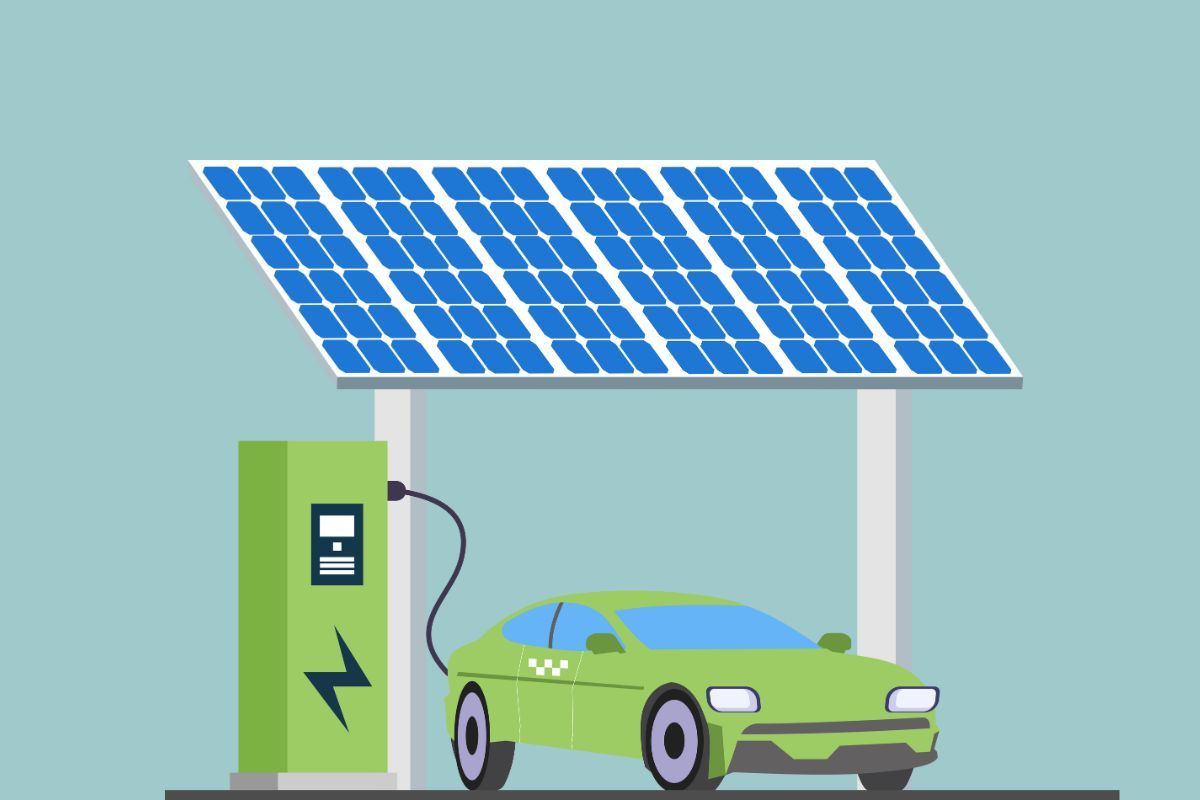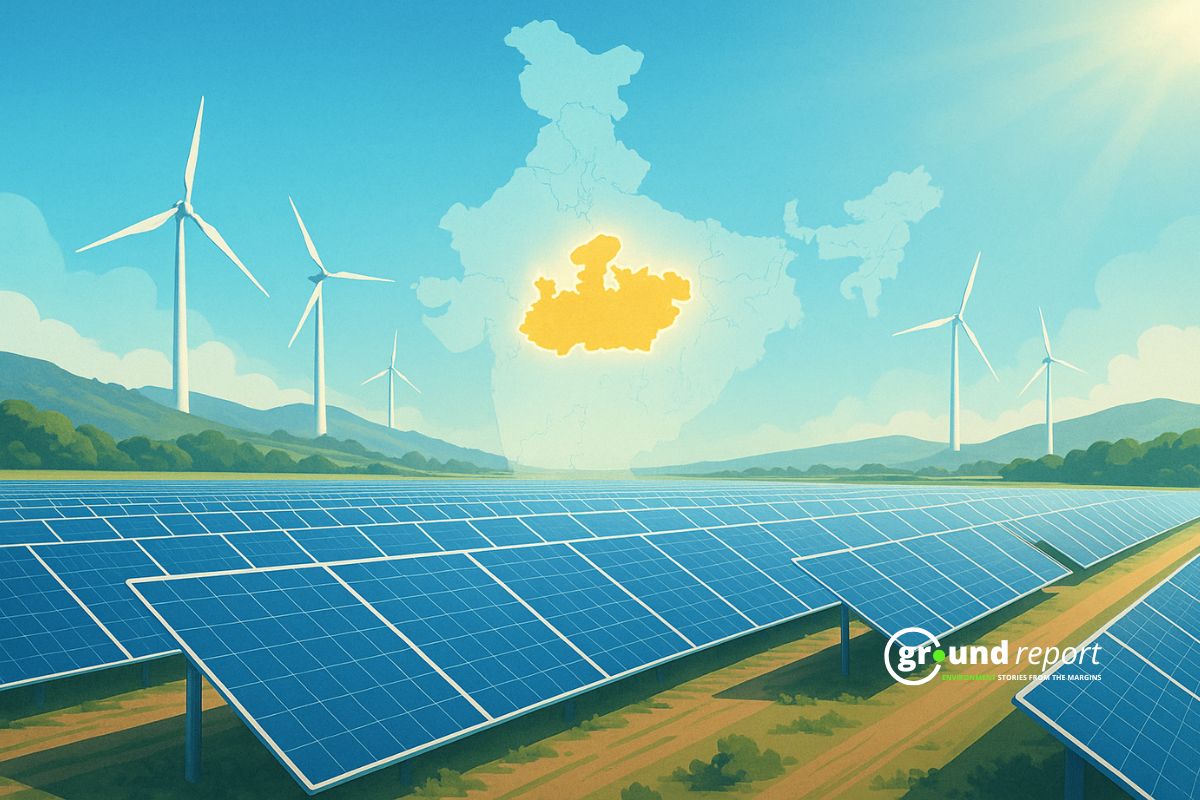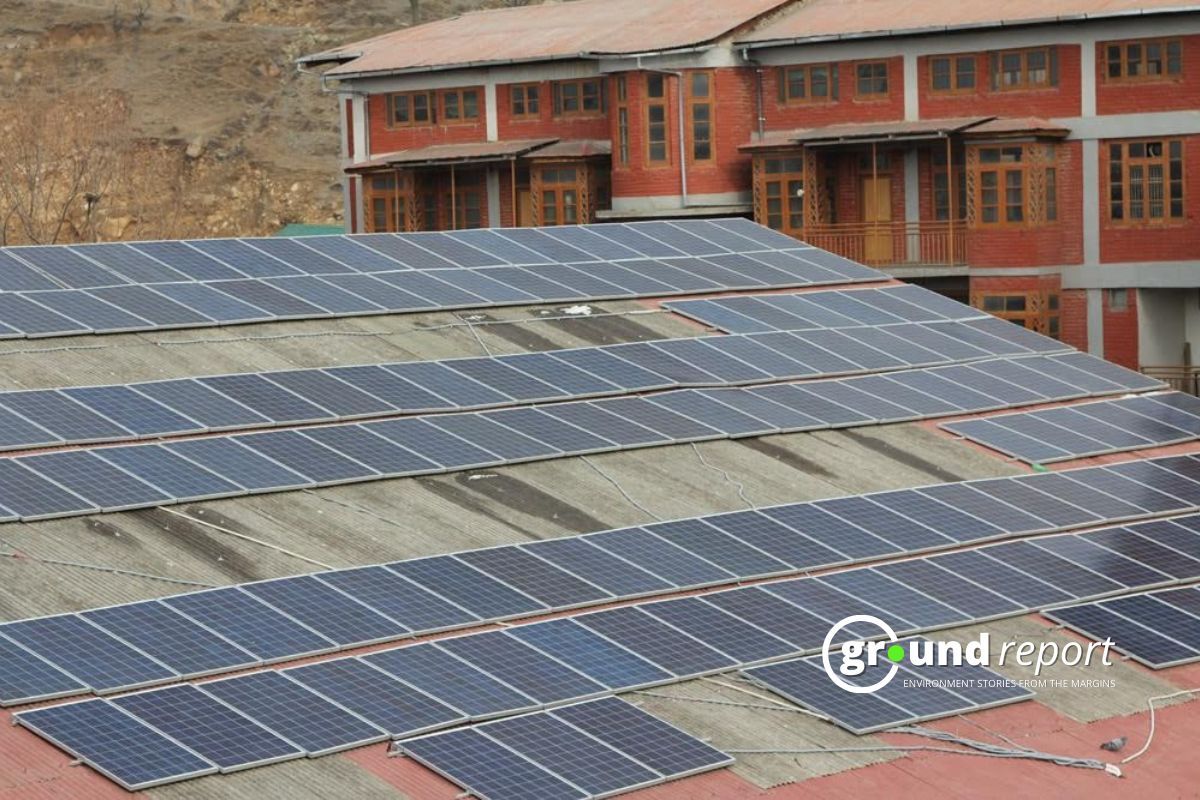The number of electric vehicles (EVs) on United States (US) roads continues to rise, with nearly six million battery electric and plug-in hybrid cars now in operation. However, despite this growth, EV sales have started to slow, and a new challenge—uncertainty over federal incentives and funding for charging stations.
The Trump administration has recently paused a major EV charging infrastructure program, causing concern among automakers, charging companies, and state transportation departments. With public charging expansion already facing challenges, this policy shift could impact the future of EV adoption in the country.
Why public charging stations matter
Most EV owners charge at home, but a strong network of public charging stations is crucial. Drivers traveling long distances or living in apartments without home chargers rely on public stations. Expanding this infrastructure is essential to eliminating “range anxiety”—the fear of running out of battery power without a nearby charger.
According to the report of CNBC, The U.S. has about 266,000 EV charging ports, but they’re unevenly distributed. Cities like San Francisco, Chicago, and New York have many chargers, while rural areas and smaller towns have significantly fewer. This lack of coverage discourages potential EV buyers in those regions.
To address these gaps, the National Electric Vehicle Infrastructure (NEVI) program was launched under the Biden administration. NEVI allocated $5 billion to build 500,000 charging stations by 2030, aiming to make EV charging as accessible as gas stations.
However, the Trump administration recently suspended new NEVI funding while it reviews the program. Existing projects will still receive funding, but no new grants will be approved until the review is complete. This pause has left state transportation departments uncertain about reimbursement for ongoing projects.
Impact on charging industry
The funding freeze has affected several EV charging companies, including ChargePoint, Blink Charging, and EVgo. These companies build and operate charging networks and depend on government funding to expand. With NEVI funds on hold, some businesses may struggle to maintain growth, while others might seek private partnerships or state-level grants to continue operating.
Tesla, the leading EV manufacturer, has received NEVI funds—$41 million for new charging stations—despite CEO Elon Musk’s past statements against EV subsidies. While Tesla has a large Supercharger network, the company’s expansion may be affected by changes in federal funding policies.
What’s next for EV charging expansion?
Despite uncertainty, industry experts believe EV charging infrastructure will continue to grow, though at a slower pace. Many companies seek alternative funding sources like state grants and private investments. However, businesses reliant on NEVI funding may face difficulties if the program remains frozen.
The future of EV adoption in the U.S. depends on whether charging infrastructure can meet demand. If funding delays persist, potential buyers may be discouraged from switching to electric vehicles. On the other hand, if private investment fills the gap, the transition to EVs may continue smoothly.
The Trump administration’s decision to freeze NEVI funding is part of a broader shift in energy policy. While former President Joe Biden prioritized EV adoption as a climate initiative, the current administration is focusing more on traditional energy sources, including oil and gas.
Transportation Secretary Sean Duffy stated that the NEVI review is necessary to ensure effective use of taxpayer dollars. However, critics argue that delaying charging infrastructure projects could slow EV adoption and put the U.S. behind other countries in the shift toward electric transportation.
The EV industry is facing a critical juncture. While more Americans are embracing electric cars, the supporting infrastructure remains uncertain due to political changes. The coming months will determine if federal funding resumes, if private investment can compensate, and how EV charging companies will adapt to the evolving market.
Support us to keep independent environmental journalism alive in India.
Keep Reading
California Fires Live updates: destructive wildfires in history
Hollywood Hills burning video is fake and AI generated
Devastating wildfire in California: wind, dry conditions to blame?
Los Angeles Cracks Under Water Pressure
From tourist paradise to waste wasteland: Sindh River Cry for help
Follow Ground Report on X, Instagram and Facebook for environmental and underreported stories from the margins. Give us feedback on our email id greport2018@gmail.com.
Don’t forget to Subscribe to our weekly newsletter, Join our community on WhatsApp, and Follow our YouTube Channel









